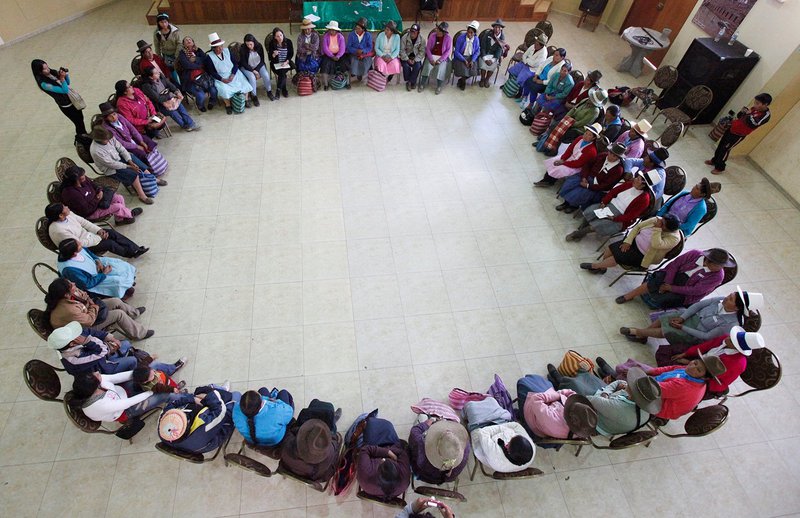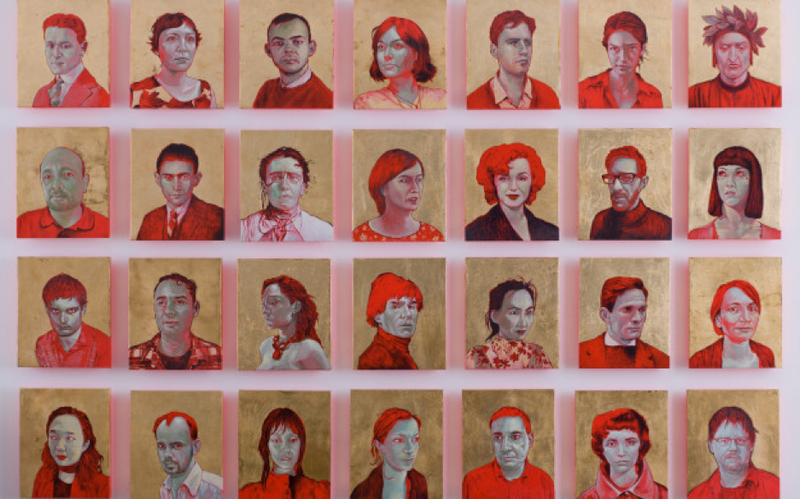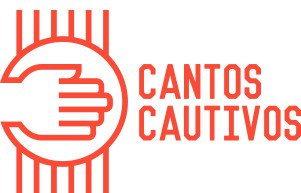Claire Taylor (University of Liverpool)
Digital Culture and Re-thinking Modern Languages
This talk explores how the rise of digital forms of communication and dissemination, and research into them, raise important questions about modern languages as a discipline, and the ways in which we undertake our research. The talk first sets out the shape of the digital as object of study, both in terms of the reconceptualization of existing cultural formats in their meeting with the digital, and in terms of the advent of new platforms that have transformed our understanding of what a ‘text’ or an ‘object’ is. Subsequently, the talk then considers how the emergence of research into digital objects of study can be part of a productive dialogue in a broader trend of rethinking modern languages as a discipline; involving the study of texts and practices, where flows, re-circulations, and re-postings are just as significant as the ‘finished’ object, and involving researching phenomena which often transcend conventional national boundaries, digital culture studies can make particularly constructive contributions at a time in which we as modern linguists are re-evaluating our practice, and can offer a critical lens through which to re-think some of the key issues underpinning ideas of the ‘the national’ or ‘the regional’. The talk concludes by suggesting that, given both the broadening out of modern languages to embrace language-based area studies approaches, and the more widespread dialogues with Social Science methods that are emerging, the crossroads between digital culture studies and modern languages is an area ripe for development.
Thea Pitman (University of Leeds)
The Translingual Dimensions of Research on Digital Indigeneity in Brazil
In this paper I will explore briefly how I came to focus my attention on digital cultural production, and digital cultures more ethnographically conceived, after a very traditional literary training in ‘Modern and Medieval Languages (French and Spanish)’, and what opportunities and challenges these changing objects of my attention offer. I will then go on to explore how working on digital cultures has also impacted the languages that I work with and the way that I work with them. In my research on Latin American digital cultural production/cultures, I quickly found myself unable to ignore the importance of material produced by Brazilians, such that I have now learnt ‘just enough’ Portuguese to be able to incorporate this area in my work. Furthermore, as I conduct my research on Brazilian digital culture via a whole range of communication tools―email, Skype, WhatsApp, Facebook―I continually work translingually. This is both extremely liberating as well as troublesome in terms of how I can account for my work in traditional academic fora. To illustrate my points I will use examples of my most recent research into ‘digital indigeneity’ in Brazil and a co-authored ‘article’ on subalternity and the potential of the internet for indigenous advocacy and resistance in Latin America as a whole.
Ewan Cass-Kavanagh
Using digital techniques to create multi-vocal oral histories and participatory documentaries

Since 2013 researchers at University of Bristol in collaboration with independent media professionals have been developing a methodology for the collection and dissemination of multi-vocal oral histories. Our idea is simple―a free phone number connected to the Internet, allowing people who are both online and ‘offline’ to take part equally.
Participants can call up and either record their own oral testimony or listen to those of others. The resulting audio are stored in a server where they are available to on online website. This connection works both ways, with the online audience also able to record audio on their computer that can be heard by the original participants.
Out of this archive of first hand testimonies we then craft interactive documentaries which help bring the stories to life and convey the archive’s greater message. This presentation will focus on the two examples we have so far―Quipu Project, documenting the experiences of forced sterilisation in ‘90s Peru under the Fujimori regime; and Anyone’s Child: Mexico, a campaign to document the human consequences of the global drugs war on Mexico.
Emanuela Patti (University of Birmingham)
Digital Cultures and Modern Languages: Understanding Intermediality In The Digital Age

We live in hybrid interconnected digital environments where artistic, cultural and social ‘boundaries’ are increasingly crossed. Stories travel across multiple media platforms, re-mediating and re-mixing archival material across time and space. New genres are developed at the interface between arts such as literature, cinema, drama, music, and the digital, making us rethink traditional disciplines and the notion of ‘text’. New forms of digital, predominantly audio-visual storytelling―created, disseminated and participated by virtually everybody in the population―are taking over traditional models of cultural communication and creativity. How has this revolutionized our notion of ‘contemporary culture’ in Modern Languages? And how are we coming to terms with such a radical change in terms of theories, research methods and our understanding of what the study of digital culture is for MLers? By looking at some mini case studies, in my paper I will first discuss whether intermediality can provide appropriate tools to analyze these new cultural formats and how it can collaborate with DH and social media studies. I will then take into consideration how intermedial/interartistic practices in the digital age are informed by the rich avant-gardist tradition of their countries and to what extent we can think of ‘digital cultures’ as language-specific phenomena.
Clare Hooper (Liverpool University Press)
Modern Languages Open: facilitating interdisciplinarity in the modern languages
Clare will discuss how Liverpool University Press conceived and built ‘Modern Languages Open’―the peer reviewed platform for the Open Access publication of research from across the modern languages. Clare will talk about the early aims of the project, through to launch and initial reception, how we are measuring success and also what lessons we (as a smaller University Press) learned along the way.
Saskia Huc-Hepher (University of Westminster)
A Community Reborn: Archiving the London French Web

This presentation outlines the London-French Web archiving project conducted in the framework of my doctoral research. The three-fold process of exploration, selection and classification involved in the curation exercise acted not only as a means to an end, that is, the production of a lasting output in the form of a Special Collection in the UK Web Archive, but as an ethnographically immersive experience in its own right, enabling a deeper and more nuanced understanding of London’s French community through its digital representations. Sprio refers to the “inbetweenness” of the transnational experience as a ‘third timespace’ (2013: 61); however, it is only when the intangible reality of migrants’ online lives is acknowledged that this third space is validated. In an age when migrants spend increasing amounts of time online (Miller, 2012), suspended between “host” and “home” cultures, and in turn between host and home languages, it has become a necessity for researchers to acknowledge this digital presence. The construction of the London-French Special Collection does precisely that, providing a new research object, itself requiring an innovative “ethnosemiotic” analytical paradigm, and offering the community, together with French teachers/learners, a lasting set of cultural, linguistic and historic resources.Moreover, the combination of methodologies deployed have wider scholarly resonance, presenting new research directions for Modern Foreign Languages within the Digital Humanities.
Caroline Ardrey (University of Birmingham)
Visualising Voices: developing linguistically versatile digital audio analysis methods for poetry in performance
This interactive presentation explores the role of digital sound archives in tracing reception histories of poetry through spoken and sung performance. Drawing on work conducted through the AHRC-funded Baudelaire Song Project, and on Visualising Voice, a six-month project funded by the Europeana foundation, the presentation will show some of the ways in which digital tools can be used to study specific features of recorded oral performances of poetry. It also seeks to open up discussions about the multilingual capabilities of digital audio analysis, generating ideas for ensuring that tools for analysing and visualising spoken and sung performance are capable of being applied to the study of digital audio recordings in a wide range of languages and cultural contexts.
Katia Chornik (University of Manchester)
Challenges in creating the Captive Songs / Cantos Cautivos archive, of musical experiences in political detention

Captive Songs (www.cantoscautivos.org / www.cantoscautivos.cl) is a bilingual digital archive of testimonies on musical experiences in political detention centres in Chile under Pinochet’s dictatorship (1973-1990). Former prisoners and the Chilean Museum of Memory and Human Rights were my associates in creating this project. Over half of the archive's current materials has been gathered through online crowd-sourcing. Whilst the project has achieved wide dissemination through outreach events, press reports and social media, its continuous development has been affected by the often conflicting agendas of the partners involved. This paper examines a selection of challenges encountered when creating the archive, focusing on decisions made around survivors' IT competence and psychological barriers to engagement with online crowd-sourcing. I argue that the value of these memories and the very limited time left to collect these make it imperative for the project to combine online and offline methods, highlighting the importance of inclusivity in applied research initiatives.